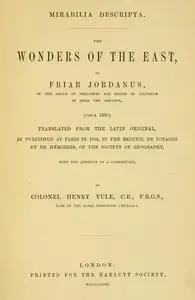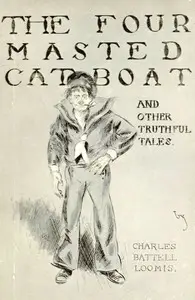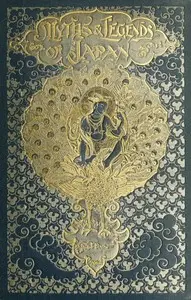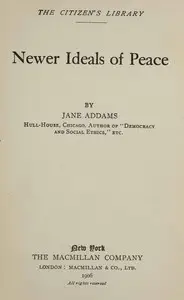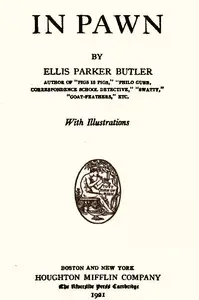"The Beautiful Miss Brooke" by Louis Zangwill is a novel written in the late 19th century. The story revolves around Paul Middleton, a young man grappling with his place in society and his growing interest in an enchanting American girl named Miss Brooke. Set against a backdrop of social events and personal aspirations, the narrative delves into themes of love, identity, and the contrast between American and British social customs. The opening of the book introduces Paul Middleton at a ball, where he feels out of place and reluctantly engages with the attendees, including a mysterious girl named Miss Brooke, about whom he knows little. Their initial interaction highlights their differing perspectives on dance and social life. As they converse, Paul becomes increasingly intrigued by Miss Brooke's vivacity and American charm, setting the stage for a deeper connection between them. The atmosphere shifts as Paul's thoughts reveal his internal struggle about societal expectations and his burgeoning affection for Miss Brooke, leading to a complex web of emotions as he navigates their budding relationship. This opening portion effectively captures the essence of a romantic exploration, inviting readers into a world where love and self-discovery intertwine. (This is an automatically generated summary.)
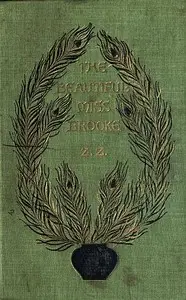
The Beautiful Miss Brooke
By Louis Zangwill
"The Beautiful Miss Brooke" by Louis Zangwill is a novel written in the late 19th century. The story revolves around Paul Middleton, a young man grapp...
Louis Zangwill was an English novelist; born at Bristol, England. He was educated at Jews' Free School, and for a time acted as teacher there, but left together with his brother, Israel Zangwill, and set up a printing establishment. Afterward, however, he turned to literature, and produced, under the pseudonym "Z. Z.," "A Drama in Dutch", which attracted some attention for its local color. It was followed by "The World and a Man" (1896), "The Beautiful Miss Brooke" (1897), and "Cleo the Magnificent" (1899), all distinguished by a certain realistic vividness and somewhat cynical sense of humor. He also produced a more sympathetic study, "One's Womenkind".





